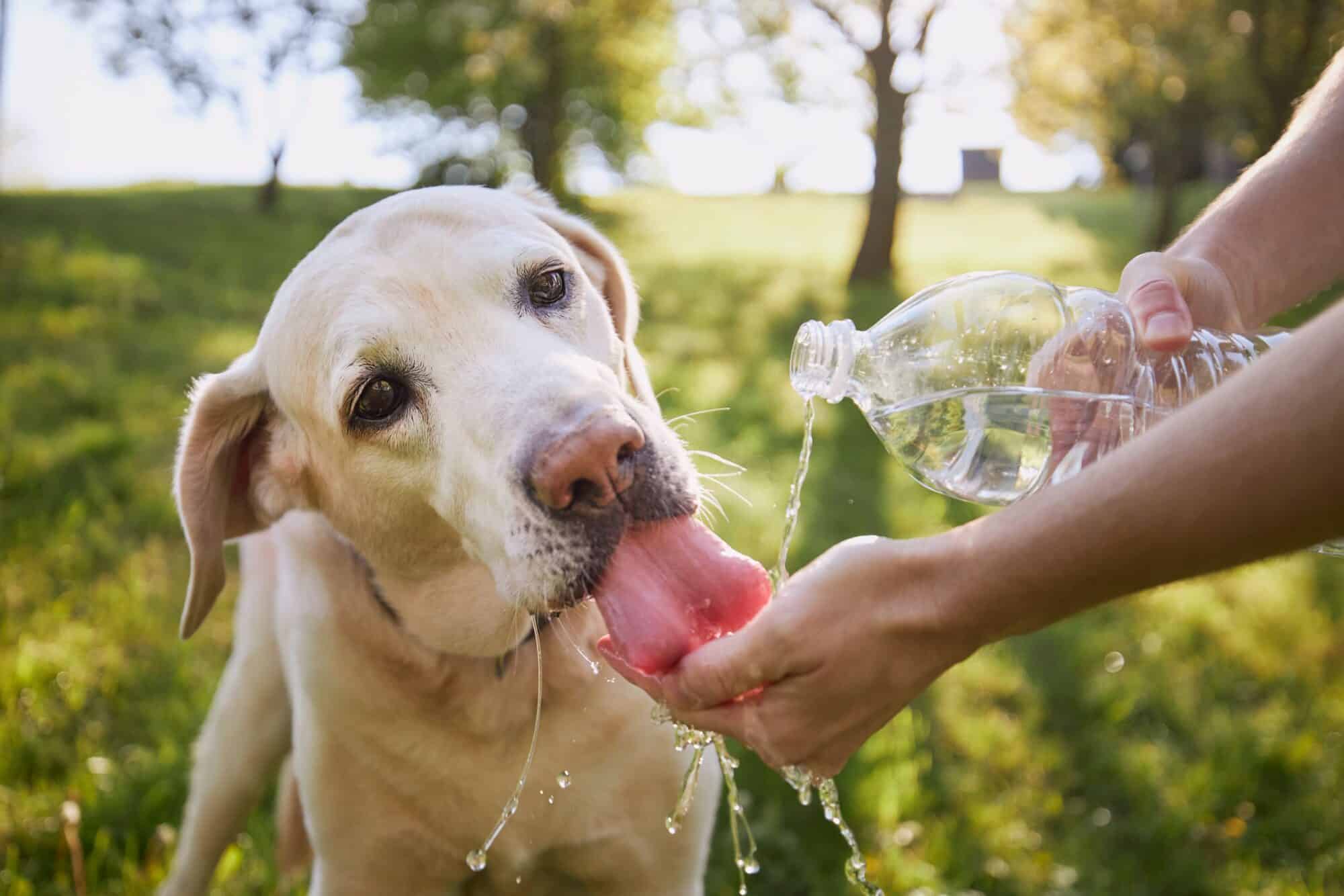The Importance of Pet Hydration in Hot Weather

Caring Paws Animal Hospital knows first-hand how hot Florida summers can be, and when the temperatures rise, pet safety becomes even more important. Pet hydration is key to keeping our pets healthy—especially in late summer.
Why Pet Hydration Matters
Keeping pets hydrated is incredibly important for their overall health and well-being. Just like humans, animals need an adequate intake of water to support their bodily functions.
Proper pet hydration plays a crucial role in normal physiology, including:
- Regulation of body temperature
- Proper digestion
- Elimination of toxins from the body
- Normal organ function
Dehydration can lead to various health issues including urinary tract problems, kidney dysfunction, and heatstroke. Pet safety is at especially high risk during hot weather or strenuous activities.
Signs of Dehydration in Pets
Signs of dehydration in a pet can vary depending on the severity of the condition. Common signs to be on the look out for include:
- Loss of skin elasticity — As dehydration occurs, the skin becomes less elastic. If you gently tent the skin on the back of your pet’s neck and release it, it should snap right back. If your pet is dehydrated, the skin may take longer to return to its normal position.
- Dry or tacky gums — The gums should be nice and moist. If your pet’s gums feel dry or sticky to the touch, they might be dehydrated.
- Sunken eyes — Dehydration can cause the eyes to appear sunken or dull. Lethargy and weakness — If pet hydration is lacking, the animal might have decreased energy, be lethargic, or show signs of weakness. They may not be interested in their normal activities.
- Decreased urination — Dehydration causes urine to be produced more slowly. You may notice that your pet is urinating less frequently or producing smaller amounts of urine when they are dehydrated.
- Loss of appetite — Decreased appetite may be a sign of dehydration and should cause you to be alerted if you notice a change in appetite.
- Panting and/or increased heart rate — Because dogs primarily cool themselves by panting, excessive panting can be a sign of dehydration. Additionally, as hydration wanes, heart rate may increase.
If you suspect your pet might be dehydrated, it is important to call us right away. Dehydration can be a serious condition if left untreated, and can quickly turn into an emergency.
Summer Pet Safety Tips
Pet hydration is important, but that doesn’t mean you can’t enjoy the warm weather with your furry friend. Some of our favorite tips to bust the heat include:
- Plan outdoor activities for the cooler parts of the day
- Be sure there is plenty of shade and provide it with an umbrella or sheet if there is none to be found
- Offer fresh, cool water to your pet frequently—portable pet water bottles or collapsible dishes are handy
- Get creative with frozen water-dense treats such as frozen low-sodium chicken broth, melon (minus the rind), or blueberries
- Cooling mats can be great for hot dogs
- Use wet tools or bandanas to cool off a hot day
- Stay off of surfaces like asphalt, sand, or concrete that can burn sensitive paws
- Groom regularly to remove excess hair (but never fully shave down your thick-coated dog as it can remove insulation against the heat)
Pet hydration is important for health and fun in the sun. A little preparation can go a long way to keeping everyone cool and steering clear of trouble. With your summer pet safety plan in mind, go ahead and enjoy the season with your whole family.

